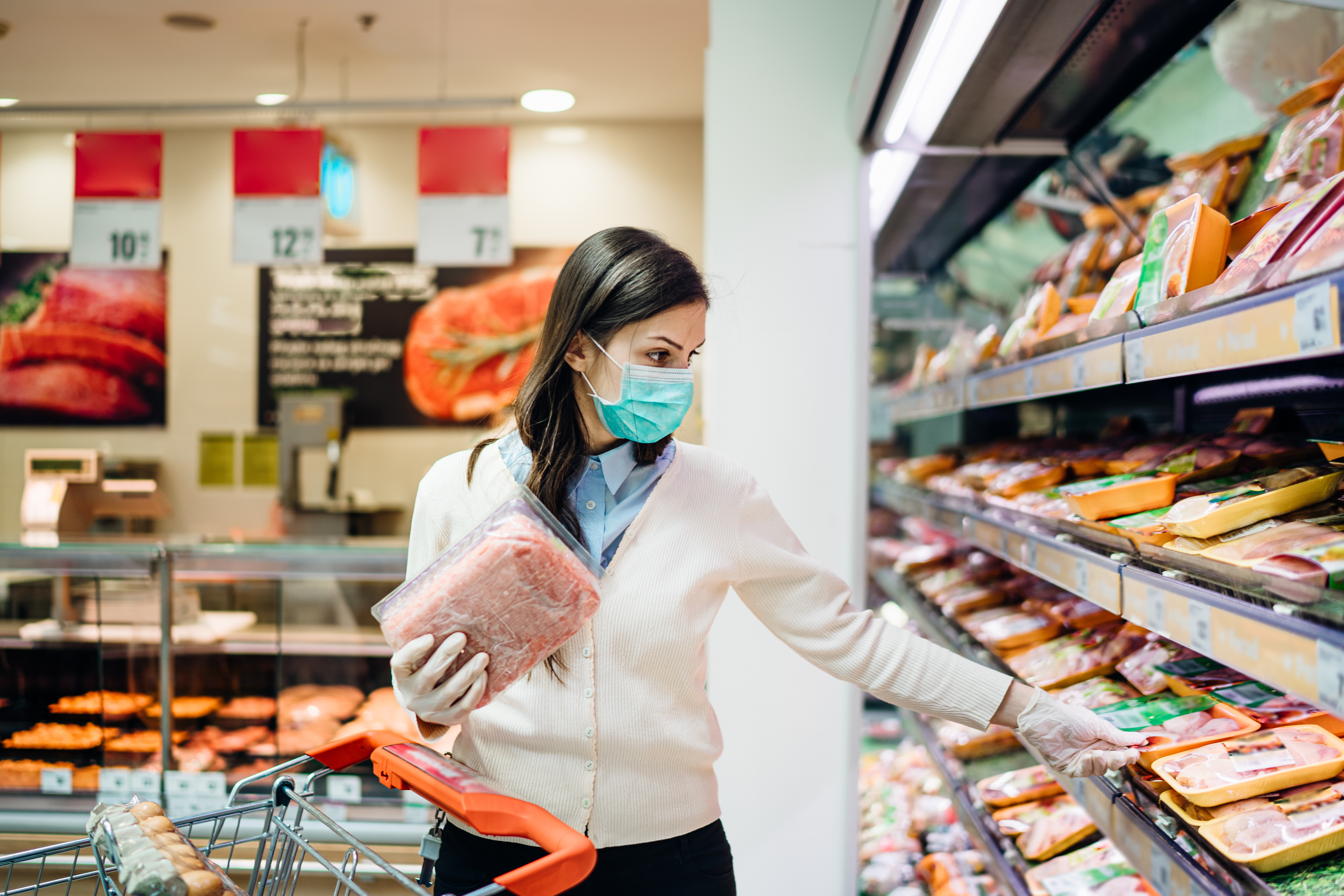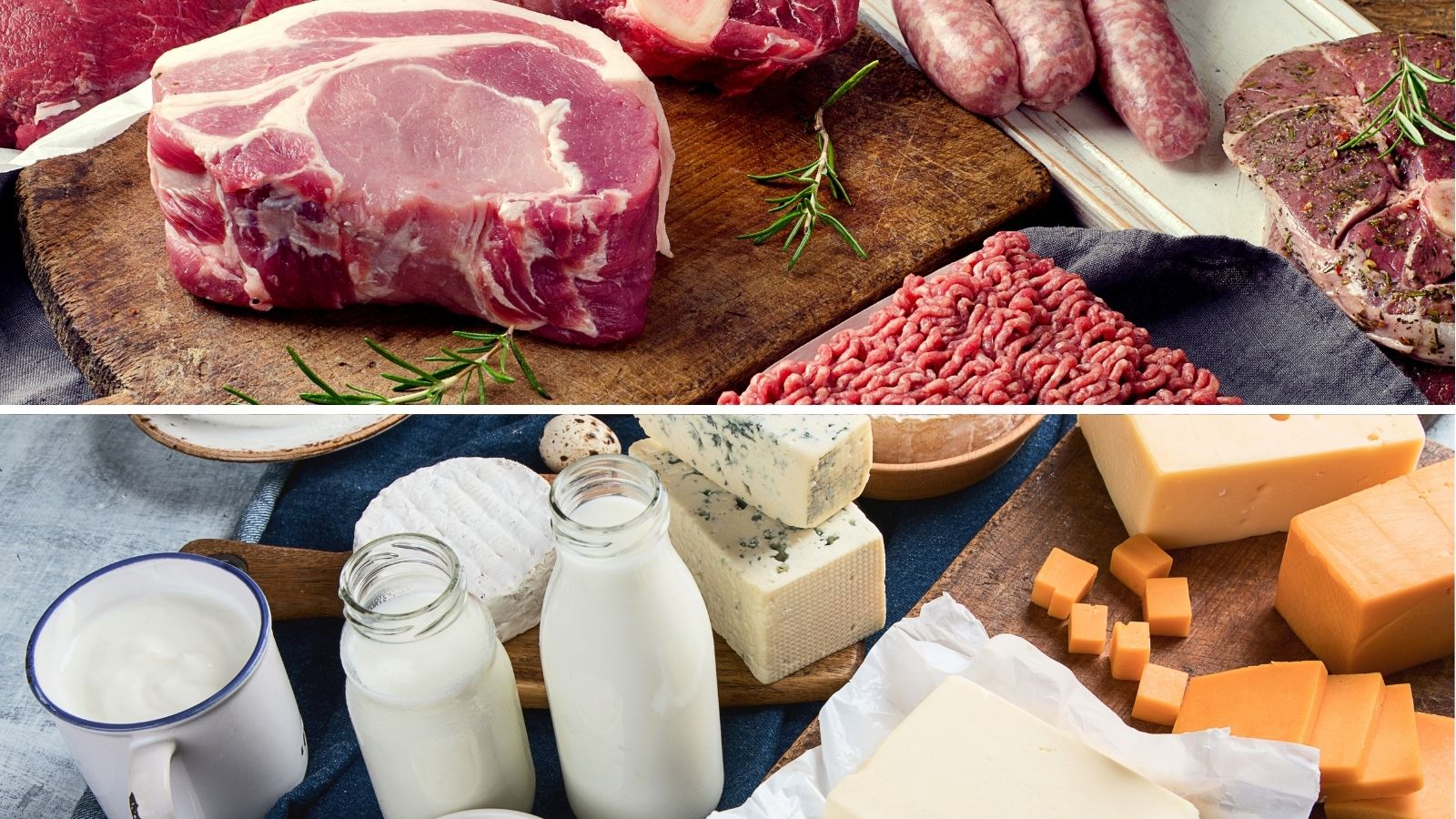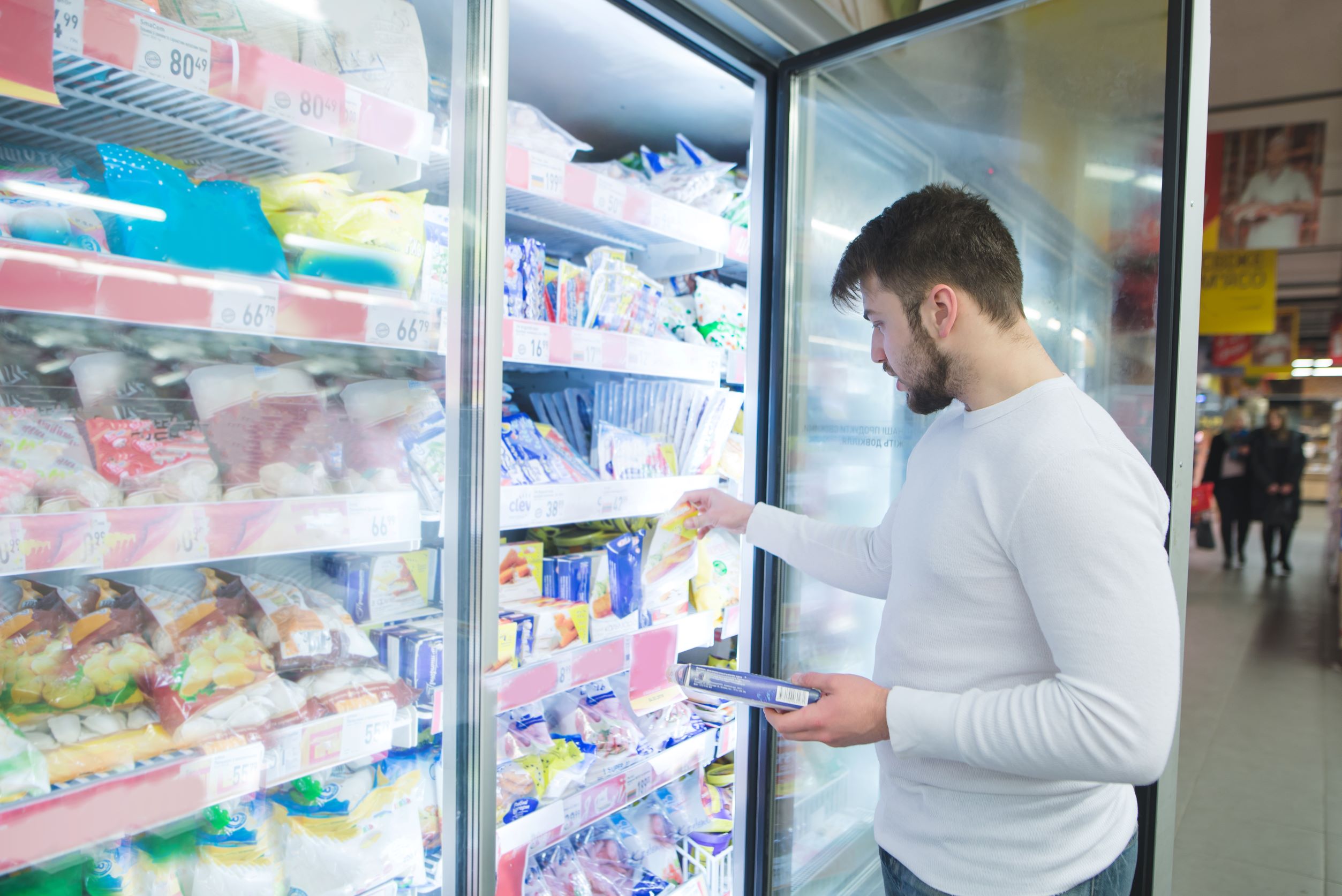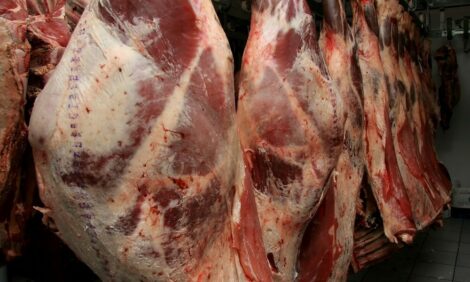



Major UK food systems report reveals lack of trust in global food
The UK recently published its first ever "Trust in Food" index, launched by farming standards agency Red Tractor and pollster YouGov, capturing the UK public's attitudes to food and drink.
The research, conducted by YouGov with over 3,500 adults across the UK, found the public overwhelmingly believes that the UK’s food is safe, traceable and good quality. British consumers trust UK food as much as water quality and NHS care, and significantly more than the police, judicial services, and other daily essentials and utilities, such as gas and electricity.
One of the main reasons behind the public’s confidence in British food is an implicit trust in the systems of regulation and assurance that exist in the UK. Half (48%) of those surveyed refer to high standards and regulations as the reason they trust food in the UK. Respondents also feel that inspection and assurance schemes such as British Lion and Red Tractor (70%) play a greater role than the Government (64%) in ensuring that the UK’s food is safe and of good quality.
Significantly, while 84% of UK consumers trust food from Britain, levels of trust in food from outside the UK vary wildly. Ireland and New Zealand maintain the highest levels of trust amongst UK consumers, followed by leading EU food producers such as Sweden, Germany, Italy, Denmark and the Netherlands.
By contrast, only 25% of Brits trust food from the USA and just 11% trust food from China. Commonwealth countries such as Australia and Canada lag several of the major EU food producing countries. Just 17% of British consumers trust UK food a little or not at all. Of these, 40% base their criticism on the belief that the food available to them is unhealthy, overly processed or in other ways low quality.

More than twice as many people trust food bought in shops than trust takeaways and deliveries. Consumers’ trust in food ingredients they buy to prepare themselves at home is very high. This is especially the case with food perceived as local, bought in specialist or "hyper-local" shops, which is trusted by more than eight out of ten people. Almost as many people (78%) trust food bought from supermarkets. The level of trust falls slightly for food prepared in restaurants (70%), with much lower trust in food from takeaways and deliveries (37%). The low level of trust in the takeaway sector is especially interesting given the exponential growth of the sector in the years leading up to the COVID-19 pandemic.
Christine Tacon, Chair, Red Tractor, said:
“The most important finding in this Report isn’t simply that most people trust the food they buy in the UK. It’s the reason why. By far the biggest reason why people trust food here in the UK is the strength of our food standards and our independent assurance schemes.
“Crucially, the parts of the UK food industry where those standards and schemes are less visible to consumers – such as takeaways and food service businesses – have much lower levels of trust. More than twice as many people trust food from shops and supermarkets, where front of pack logos and certifications are visible, than trust takeaways and deliveries, where those standards and the regulations they follow are harder to track and see.
“What that tells us is that if we want to maintain trust in UK food over the coming years, the most important thing isn’t what trade deals we sign with other countries. It’s whether we keep backing our food standards regime, led by the Food Standards Agency, and supported by the many food assurance schemes which have been established over the past twenty years.”
“There is a lot in this report that is encouraging for us at Red Tractor, but it’s also shown that we have much more work to do. In particular, we need to put a much bigger focus on the food service sector and make sure that food with poor standards and low traceability doesn’t creep in through the back door. We’ll be repeating this research and publishing this Index every year to see how we are performing and whether UK consumers are continuing to trust the food we consume.”

Tim J. Smith, Chair of the Trade and Agriculture Commission, said:
“Being able to trust that the food we buy has been produced to the highest possible standards is vital for all of us. This report gets to the heart of the challenge policymakers face as we embark on new trade deals.
“On the one hand, we have the prospect of greater choice and more affordable food from around the world. On the other, we have the right to expect the food we eat in the UK to have been produced to the same ethical, environmental and animal welfare standards. Over many decades those food standards, thanks to the hard work of the whole supply chain, have been greatly improved in our domestic food system.
“In our final report of the Trade and Agriculture Commission, we were clear that there should be no race to the bottom, no backsliding, and no turning back the clock on those standards as we develop our new trade strategy. A key part of this is continuing to promote transparency, traceability and labelling, in particular, country of origin labelling and third-party certification schemes such as Fairtrade, Red Tractor and the Rainforest Alliance.
“This report shows that the Government and food industry must do more to improve that transparency in the food service and out of home supply chains, and it is important that we take every opportunity to do so to maintain the levels of trust we have built in food in the UK. The Government are yet to respond to the Commission’s final recommendations, but it is crucial they take the findings from this report into consideration when they do.”
The full report can be read here.


